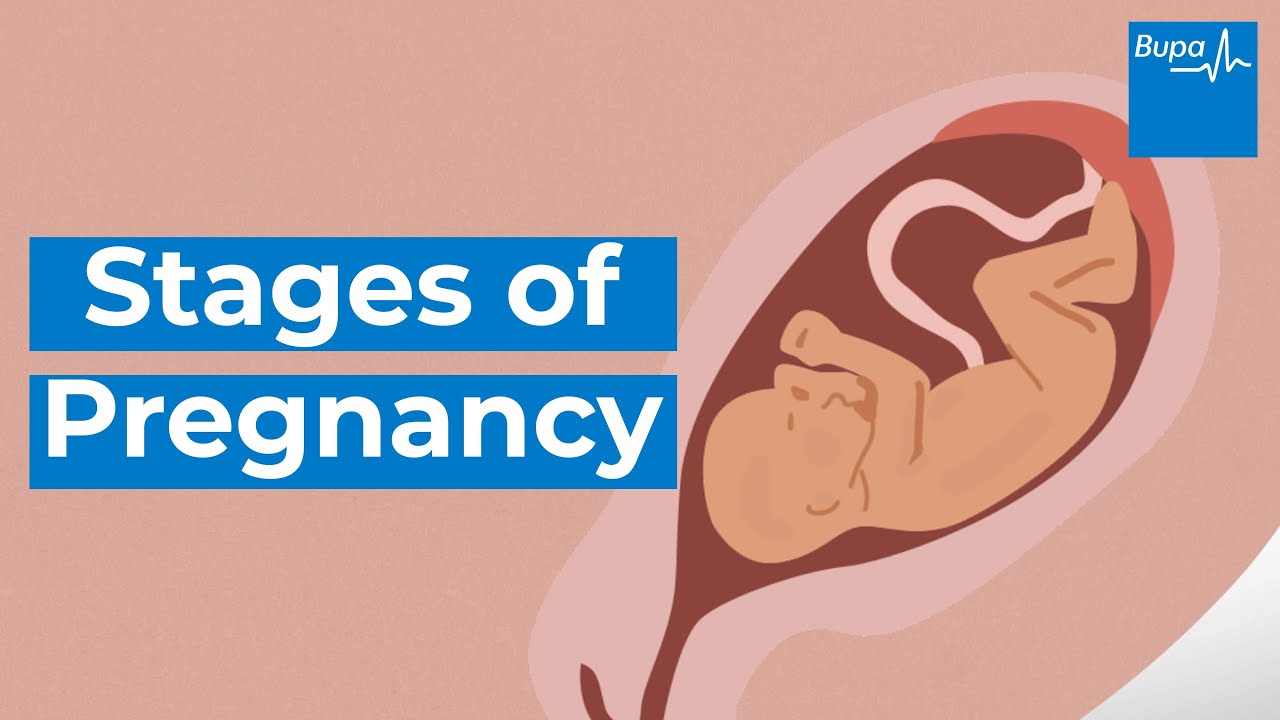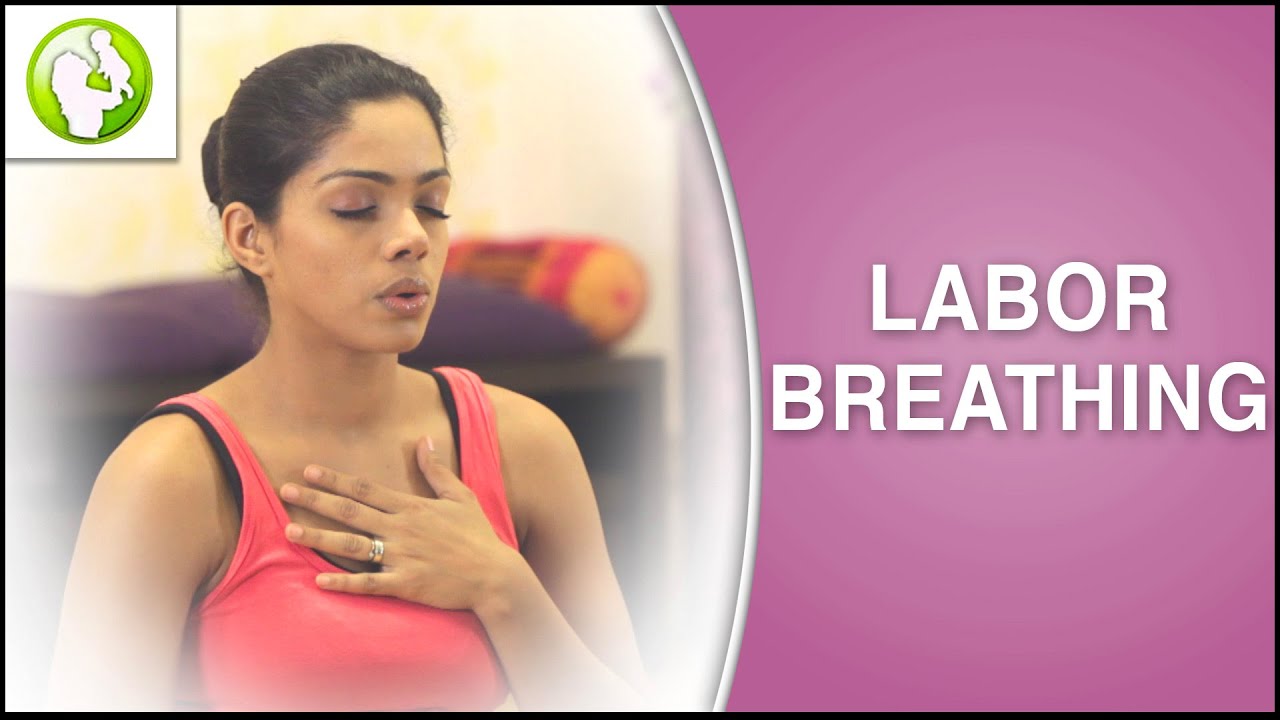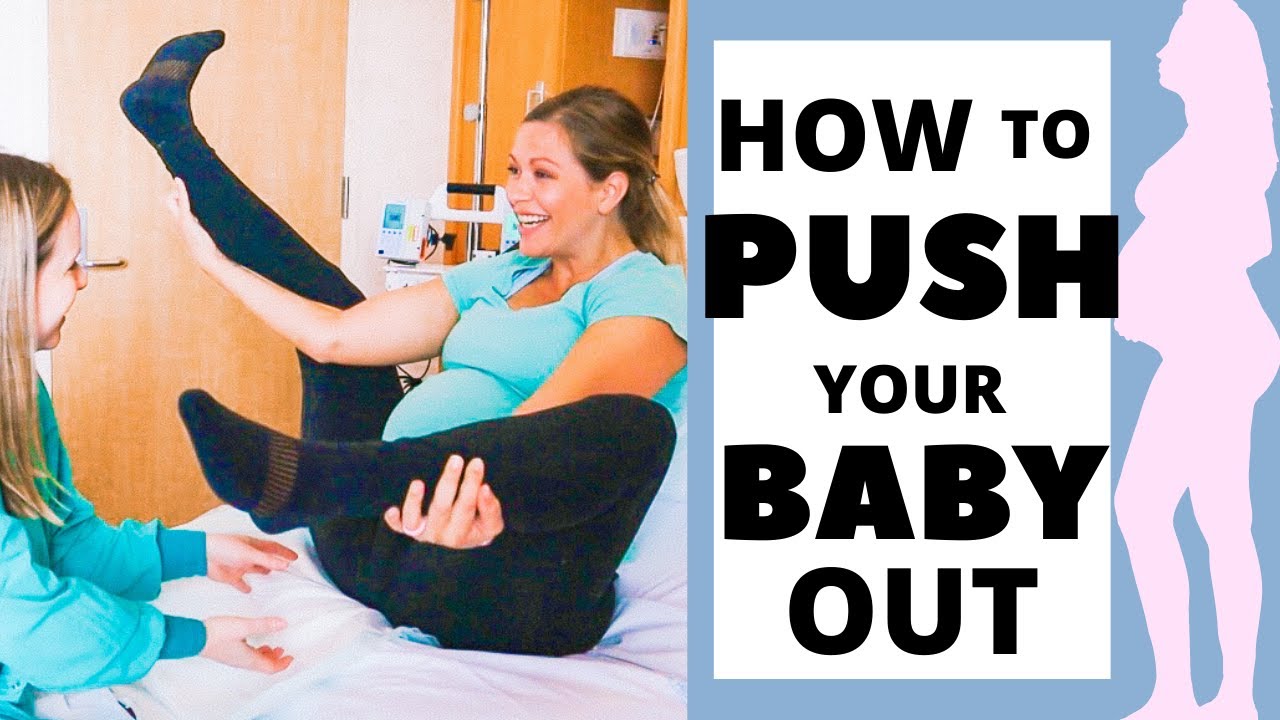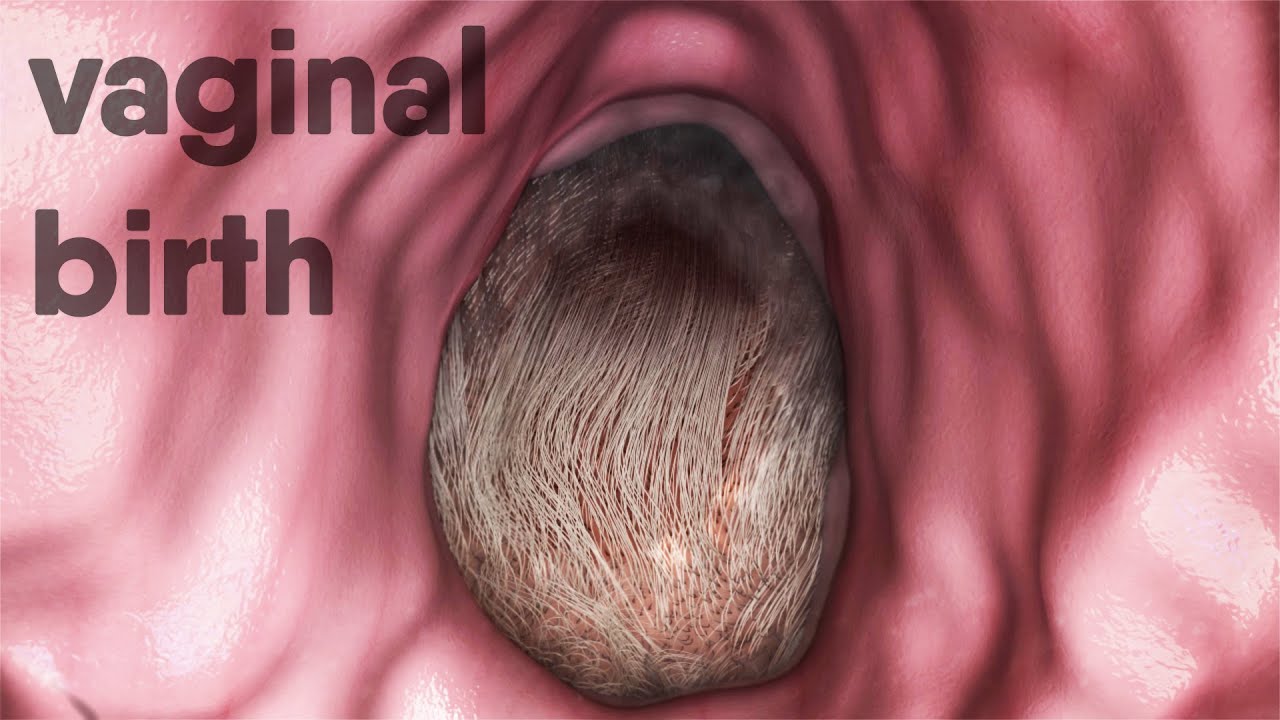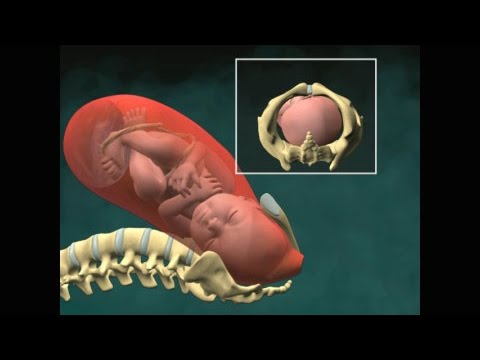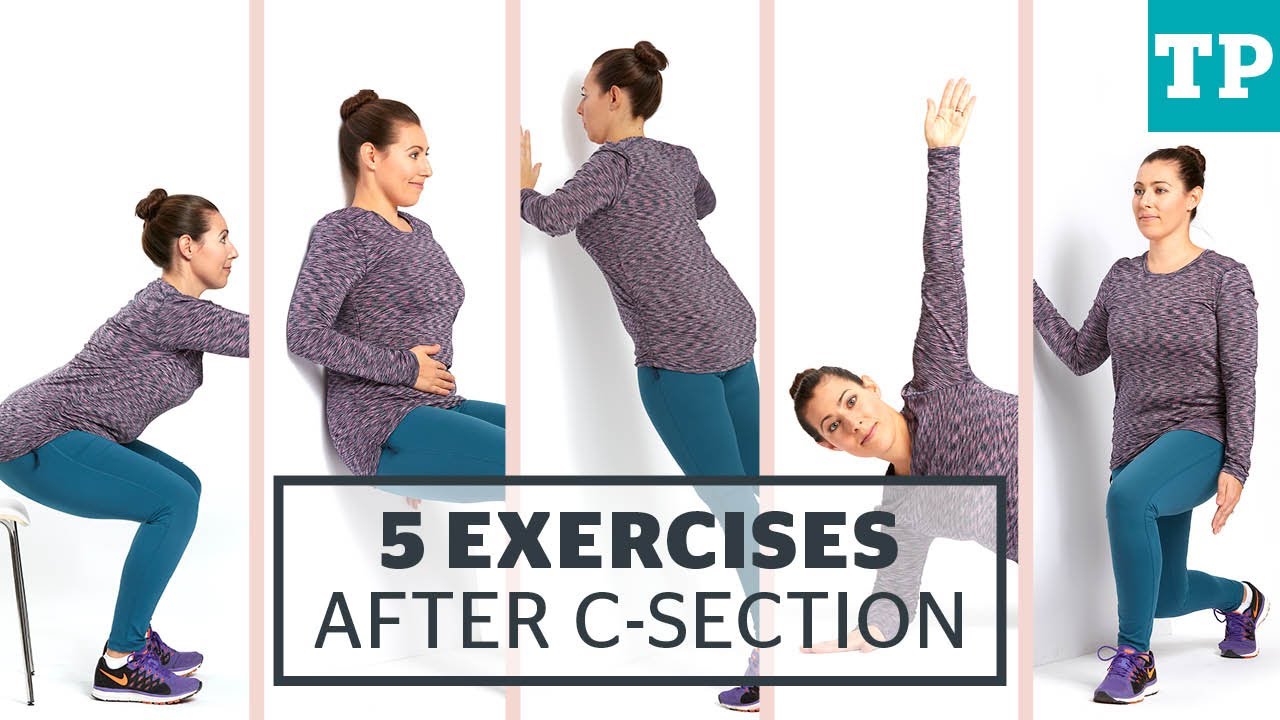Keepers at Home-Pregnancy

Psalm 127:3 Lo, children are an heritage of the Lord: and the fruit of the womb is his reward.
What is pregnancy?
Pregnancy is the period in which an egg cell is fertilized by a sperm to form a new cell, called the zygote, that eventually develops into a new human organism, to be born. The period of human pregnancy is 40 weeks from the date of the last menstrual period (LMP), or 38 weeks from the time of conception, on average. The former is taken as the beginning of pregnancy in this article.
Types of Pregnancy
Pregnancy can be single or multiple. The latter refers to conceiving two or more fetuses at the same time or conceiving one zygote which divides into two or more separate zygotes at a very early stage of development and forms two fetuses. If the former, fraternal twins, triplets, quadruplets or quintuplets are formed. If the latter, identical twins (or more multiples) are born as they have the same genetic makeup. While identical twins are fairly common, identical multiples of higher order are very rare.
Trimesters of pregnancy
Pregnancy is divided into three trimesters corresponding to specific stages of fetal growth and development. In the first trimester, covering the first 12 weeks, the fetus is conceived and takes shape from the zygote through the stages of embryonic life.
All the fetal organs are formed during this time. The fetus is called an embryo for the first 12 weeks after the LMP.In the second trimester, from week 13 to week 28, the organs begin to grow in size and to assume their characteristic shape. The characteristic morning sickness of pregnancy begins to wane towards the beginning or middle of this period.
However, some mothers feel back pain, leg cramps or constipation during this time. The most exciting part of this trimester is quickening when the first tiny fetal movements are felt. In the third, (week 29 to week 40), the baby begins to grow and develop at a rapid rate. The mother may feel breathless as the uterus with the baby rises to fill a major part of the abdomen, pushing up the diaphragm and reducing the chest cavity. Hemorrhoids, varicose veins and urinary incontinence may occur. Sleeping becomes uncomfortable.
Towards the end of this period, the fetus is full-term and can live outside the mother’s womb independently. The uterus becomes excitable and begins to contract painlessly from the 28th to the 30th week onward. At some point, typically from 37 weeks to 42 weeks, labor sets in and the baby is born.
Medical Care during pregnancy
Regular antenatal care can help avoid or manage most pregnancy complications. Typically, doctors suggest monthly checkups until the end of the second trimester, fortnightly visits after that until week 36, and weekly visits beyond that. Blood tests are typically done to rule out anemia, diabetes, and certain sexually transmitted infections (STIs). An ultrasound scan in the first, second and third trimesters is now usually part of routine antenatal care.
Health during pregnancy
Eating for two is rarely needed as long as the diet is healthy and balanced. Folic acid in the form of a prenatal vitamin is essential to reduce the risk of the baby developing spina bifida, and a supplement containing vitamins and minerals will help ensure the mother gets proper amounts of these during her pregnancy.
While the caloric intake is bound to increase, there is no need to double the intake. Small frequent meals are best to keep the blood sugar and energy level constant while preventing uncomfortable fulness.
Most health services recommend that alcohol is avoided during pregnancy, also excessive (added) salt, sugar, and undercooked animal foods. Unpasteurized dairy foods and milk are considered a potential health risk, as are soft cheeses like Brie or Camembert cheese. It is also recommended that women limit their caffeine intake. The limit is about 200 mg a day, the amount in 12 oz coffee.
Weight gain in pregnancy depends on the stage of pregnancy. Most often, women with normal singleton pregnancies gain 10-12 kg. dieting is not recommended during pregnancy, but women with obesity will probably do well to eat just enough to maintain their weight.
Pelvic floor exercises are beneficial to increase the chances of successful normal delivery and to prevent incontinence and later uterine or bladder descent after childbirth.
Pregnancy often makes many things more difficult to do, such as strenuous exercise. Regular exercise is often recommended to maintain physical fitness in pregnancy but should fit the mother’s physical capabilities.
Relaxation, plenty of rest, and proper planning about childbirth and life afterward with the new baby will help the mother to pass through this period with hope and excitement and reduce the chances of emotional stress and depression.
Natural Home Remedies for Pregnancy
Morning Sickness
One of the earliest symptoms of pregnancy is morning sickness. While it varies in severity, it can be really hard to manage. Besides loading up on clear liquids and saltines, there are natural ways to keep nausea at bay.
- Ginger. Ginger is an ancient, natural remedy for nausea that has been proven to be effective. Ginger ale, ginger snaps, ginger tea, or ginger lollipops all can help curb nausea.
- Smoothies. Smoothies are packed with nutrients and feel good on the tummy. This strawberry ginger smoothie is packed with ingredients to combat nausea while this Mega Green Smoothie is packed with fiber.
- Vitamin B6. Adding in a vitamin B6 or B-complex supplement to your daily routine is a safe way to help with nausea. The B vitamins are water-soluble, so it will naturally discard whatever your body does not use.
- Brewer’s Yeast. Brewer’s yeast is not only rich in B vitamins that can prevent nausea, but it is also easy to add on top of various foods! Adding a tablespoon in your smoothies or sprinkling some on top of cereal or rice will go a long way in lessening morning sickness.
- Exercise. It might be hard in the midst of the first trimester to incorporate exercise, but even adding in a thirty minute walk every day will release endorphins that can combat nausea.
- Pleasant Smells. Find a scent that you can handle well, and keep it on you at all times. Wearing a citrus or peppermint-scented lotion can provide comfort as well as disguise noxious smells that often arise in places like stores or offices.
Heartburn
There are a lot of tips on how to reduce heartburn, such as eating smaller meals and cutting out fatty foods. Sometimes, however, it can still sneak up and wreak havoc on your body. A natural remedy may be able to stop it quickly after it starts.
- Apple Cider Vinegar. An acid like apple cider vinegar might not sound appealing, but because low stomach acid can lead to heartburn, the vinegar corrects this issue and eases the pain. While some people don’t mind drinking it by itself, you can also dilute one tablespoon of apple cider vinegar with eight ounces of water.
- Pickle Juice. Whether or not you’ve been hit by that dill craving, some women have found that eating a pickle or drinking some juice provides quick relief. This is due to the acid from the pickling process.
- Dairy. Dairy neutralizes the acid in your stomach. The issue with this, however, is that it tends to be fatty. While dairy might provide immediate relief, you may want to consider alternatives such as almond milk. Greek yogurt is also a great option since it has smaller amounts of lactose.
- Papaya. Because papayas are full of enzymes, they help your body break down food. If papayas are hard to find, you can also try other high enzyme foods such as avocados or pineapples.
- Aloe vera. Just like with skin burns, aloe vera can soothe the burning sensation in your chest. It is safe to use during pregnancy, and by rubbing it directly on your chest, the cooling sensation can lessen the pain of heartburn.
Constipation
Progesterone can slow down your digestive system, and adding in iron supplements sometimes only makes things worse. Constipation is nothing to ignore. Besides discomfort, it can lead to problems such as hemorrhoids. Finding foods that keep things moving is crucial during pregnancy.
- High-fiber cereals. Adding in a bowl of fiber-packed cereal is incredibly helpful with constipation. Raisin Bran is packed with both fiber and iron, which is always a bonus!
- Fruit. Snacking on a salad made with delicious fruits like bananas, figs, apples, strawberries, oranges, and raspberries is a healthy way to load up on fiber and relieve constipation.
- Prune juice. Having a few glasses of prune juice can soften your stools, making them much easier to pass. If the taste is off-putting, try adding in water and lemon.
- Flaxseeds. Flaxseeds are packed with fiber, antioxidants, and omega-3 fatty acids. Add them to a smoothie or sprinkle them in a salad. The extra boost will help keep things a bit more regular.
- Coffee. Yes, you should limit your coffee throughout pregnancy, but most experts agree that up to 200 mg is fine. If you can stomach it, drinking a cup of coffee a day can keep things moving. Just be sure to drink plenty of water throughout the day as well!
Fatigue
Many recommend that you add a nap into your daily routine and aim for 8-9 hours of sleep a night. This is definitely beneficial, but it is not feasible to expect that every woman is able to do this. Examining your eating habits can help when simply adding in more sleep isn’t an option.
- Eat more frequently. Not only do smaller, more frequent meals usually help with heartburn and nausea, but they also keep you energized by preventing your blood sugar from dipping too low. Incorporating healthy snacks such as nuts and fruits can also give you more energy throughout the day.
- Complex Carbohydrates. Adding in complex carbs such as beans or lentils that are packed with protein tend to give you a boost of energy, and they serve as an alternative to sugary foods that will weigh you down. Bonus: they also help with constipation!
- Be easy on yourself. Above all, have grace on your body. It is working on a complex task and all of your energy is going towards growing a beautiful little human. Take breaks when you can, and incorporate a self-care activity like a bath or a prenatal massage at least once a week to relax.
One of the most important things you can do is to take care of yourself. Staying hydrated, eating healthy meals, and exercising can help tremendously with all these symptoms.
Below are some more links to help you on your pregnancy journey:-https://www.healthline.com/health/pregnancy#Pregnancy-Symptoms:-10-Early-Signs-That-You-May-Be-Pregnant
https://www.ucsfhealth.org/conditions/pregnancy
What are the baby necessities needed to welcome a baby?https://www.verywellfamily.com/bare-necessities-basic-baby-needs-293962
Hospital Bag Check List
https://www.youtube.com/watch?app=desktop&v=dLmarS3OouQ
See videos below on breathing techniques to help with labor ad delivery
Click on the link below for some common complications of pregnancy include
https://my.clevelandclinic.org/health/articles/24442-pregnancy-complications
Click on the link below to view the Types of Delivery
https://my.clevelandclinic.org/health/articles/9675-pregnancy-types-of-delivery
What is a C-section?
A C-section, also called a cesarean section or cesarean delivery, is a surgical procedure in which a baby is delivered through incisions in your abdomen and uterus. They're performed when a vaginal delivery is not possible or safe, or when the health of you or your baby is at risk.
For more information you can check out the link below.
https://my.clevelandclinic.org/health/treatments/7246-cesarean-birth-c-section
How to Transition to standing from a bed after a C Section
C-Section Recovery
Feel free to view the links below for more information
https://www.webmd.com/baby/recovery-after-c-section
https://www.happiestbaby.com/blogs/parents/c-section-recovery-tips
https://www.mother.ly/birth/c-section/natural-remedies-recover-c-section/
https://medlineplus.gov/ency/patientinstructions/000624.htm
